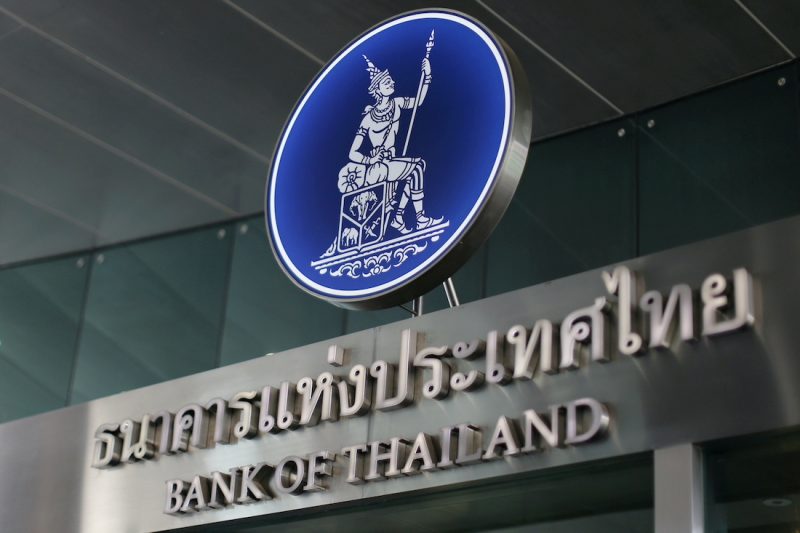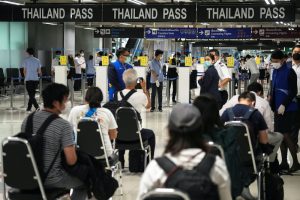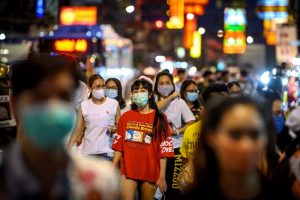Thailand’s central bank said on Friday it is planning new policy guidelines for the banking sector, including virtual banks and open banking, for later this year.
The Bank of Thailand (BOT) will publish guidelines for a public hearing on a virtual bank licensing framework and for the sector’s engagement in digital businesses by the second quarter of this year, it said in a statement.
Directions on open banking policy will be announced in the third quarter of 2022, the BOT said.
The new guidelines will reflect previous recommendations from the central bank aimed at repositioning Southeast Asia’s financial sector to serve a sustainable digital economy, it said.
S&P Downgrades
The news comes days after S&P Global Ratings downgraded the ratings of four Thai banks: Siam Commercial Bank and Kasikorn Bank from BBB+ to BBB, and Krungthai Bank and TMB Thanachart Bank from BBB to BBB-.
The ratings agency said systemic risk for Thai banks has risen because of high leverage among borrowers and rising household debt, and likely to persist longer than expected.
It projected that bad loans held by Thai banks would grow to 5% over the next two years, from 3% currently, which would be the highest since the global financial crisis in 2008.
The BoT said the Thai banking system has undergone regular stress tests and remains resilient, with a high level of capital buffers to help it to withstand risks and uncertainties, despite the downgrades by S&P.
Ronadol Numnonda, the BOT’s deputy governor for financial institutions stability, said the capital adequacy ratio of the Thai banking system stands at 20% and that domestic banks have increased provisioning against bad loans by 430 billion baht over the two years since the Covid-19 pandemic began.
Total provisions amounted to 890 billion baht ($26 billion) – equivalent to 1.6 times the amount of non-performing loans, and sufficient to withstand uncertainties, he said.
Debt relief measures, introduced by the central bank during the pandemic, had helped to bring down the number of debtors under the financial assistance programme to 14% of total loans at the end of 2021, from a peak of 30% during the surge of infections in July 2020, Ronadol said.
• Reuters with additional editing by Jim Pollard
ALSO on AF:
Thailand to Ban Crypto Payments, Citing Threat – Bangkok Post
Thailand, Saudis Agree on Labour Plan – Bangkok Post
Thailand Gives Green Light To Large-Scale EV Shift
























